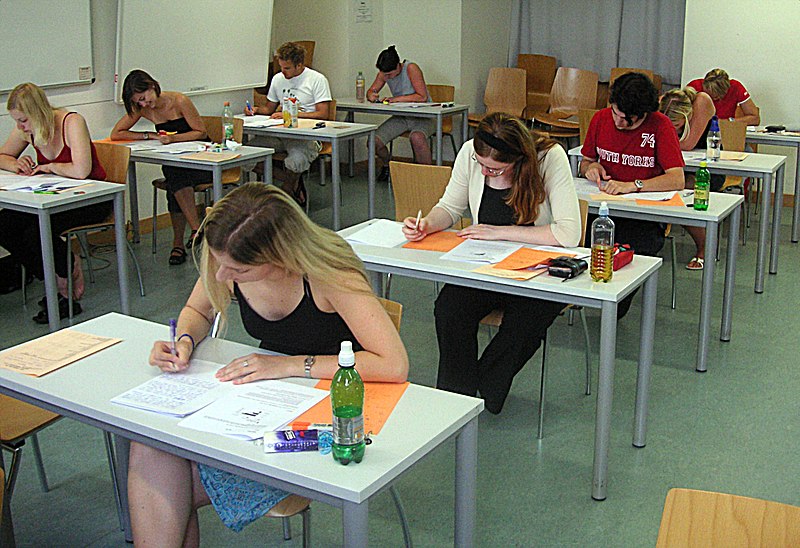
This year, 27.8% of all A-level grades awarded across England, Wales, and Northern Ireland were A* or A, up slightly from 27.2% in 2023. However, the picture varies
across the individual nations.
On Thursday morning, students in these three nations received their results for A-levels, T-levels, and BTecs. Among those applying to university, 82% achieved the grades required for their first-choice courses.
In Scotland, students received their exam results earlier in August, with the pass rate for Higher exams returning to its 2019 level, while pass rates for National 5s and Advanced Highers declined further.
The Universities and Colleges Admissions Service (Ucas) has reassured students who did not meet their university offers that they can find available courses through Clearing, an online system that advertises vacant spots.
This year, grades were anticipated to drop back to 2019 levels across the three nations following a spike in top grades during 2020 and 2021 when exams were canceled due to the COVID-19 pandemic. Since then, a phased effort has been underway to bring grades back in line with pre-pandemic levels. In England, this process began last year, while in Wales and Northern Ireland, changes to grade boundaries were implemented this year.
The actual results show a slight increase in top grades in England, while they fell in Wales and Northern Ireland. The proportion of A-levels awarded A* or A this year was:
-27.6% in England, up from 26.5% in 2023
-29.9% in Wales, down from 34%
-30.3% in Northern Ireland, down from 37.5%
Overall, the proportion of top grades remains just over two percentage points higher than in 2019.
Inspiring Story: From Coma to Medicine
Eshan, a student from Burnley, will begin studying medicine at the University of St Andrews in September after achieving the necessary grades. In 2022, Eshan was in a coma for three weeks due to sepsis, an experience that inspired him to pursue a career in medicine. He is excited about his future studies, although he has some concerns about studying in an area with little ethnic diversity. Eshan will be the first person in his family to attend university.
Vocational Qualifications and Regional Disparities
This year also marks the third year of results for vocational T-level qualifications in England. These technical qualifications combine classroom learning with industry placements, and students receive a pass, merit, distinction, or distinction* after two years of study.
Approximately 200,000 students also received their results for BTec Nationals and Cambridge Technicals.
In England, the north-south divide in exam success remains pronounced. This year's results show that the gap between the regions with the highest and lowest proportions of top grades has widened and is still larger than it was before the pandemic. London continues to lead, with 31.3% of all grades being A* or A, while the East Midlands recorded the lowest performance, with 22.5% of grades at A* or A.
However, some areas in the Midlands and the North have seen a faster improvement in top grades than those in the South, with the North East and the West Midlands experiencing the most significant growth.
Last year, MPs warned that it could take a decade to close the gap between disadvantaged pupils and their more advantaged peers to pre-pandemic levels. Photo by KF, Wikimedia commons.







































